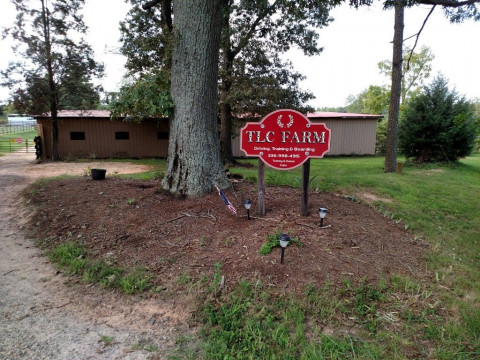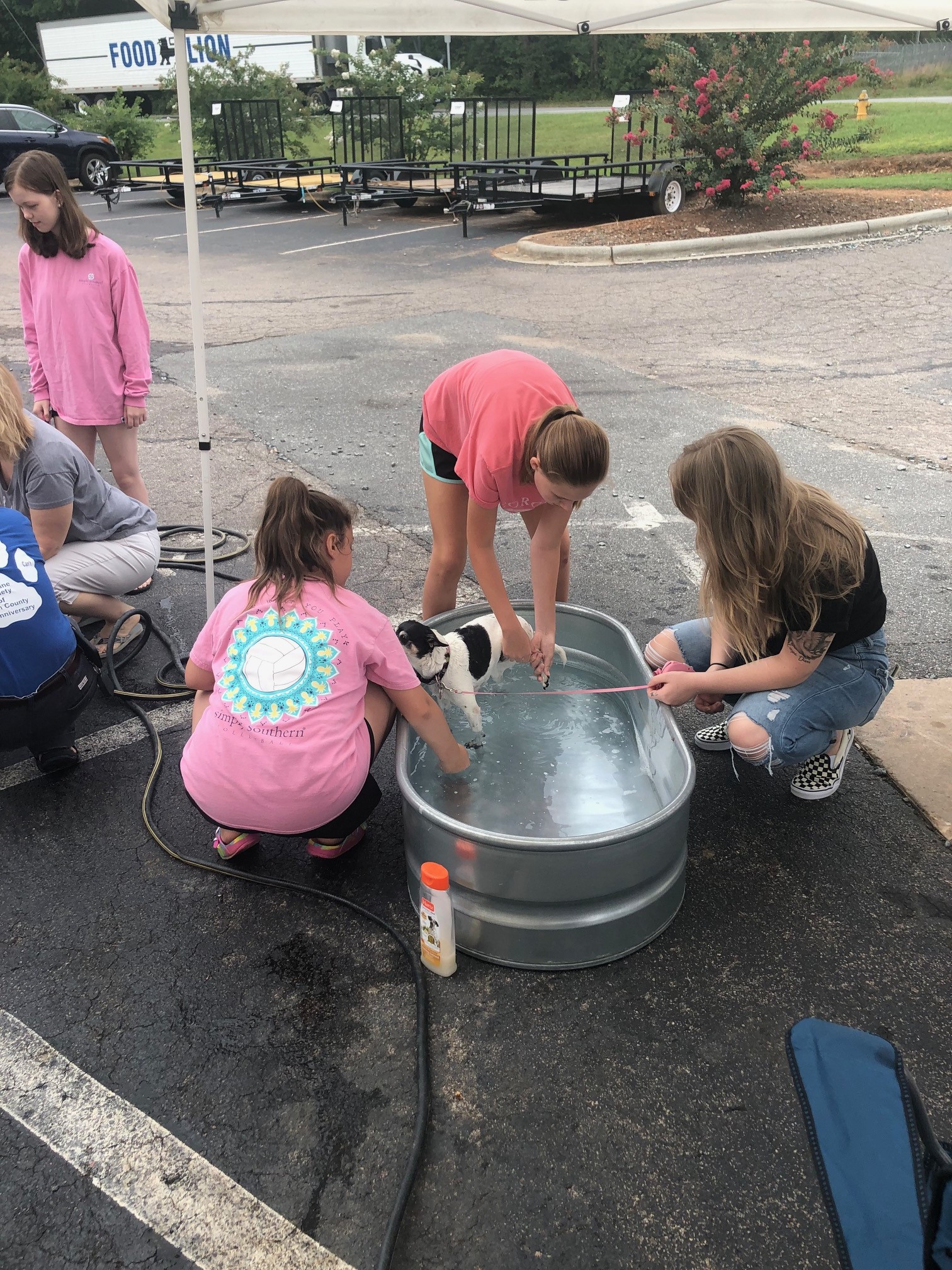

That’s just been a major improvement,” said Ben, who serves on the N.C. “We might have some of the oldest no-till land in Rowan County. “We’ve learned how much that preserves soil health and conserves water runoff and prevents erosion.”īy avoiding the use of heavy, disruptive machinery and instead opting to implement cover crops and light herbicides, the Knox family rebuilt the rich, productive soil systems that help their crops grow today. “The no-till movement has been promoted since the early 70s as a great practice and the Knoxes were definitely early adopters,” Albertson said. The farm may be deeply and firmly rooted in history, but that doesn’t mean Ben, Clark and Robert have been reluctant to introduce new farming tactics, including transitioning from tilling the soil to no-till in the 1970s. The two reminisce over days of their youth spent on the farm, when they’d steal homemade cookies and pickles from their grandmother’s house, the same house that Ben Knox now lives in that is listed on the National Registry of Historic Places. And They’ve been minding the land since, raising soybean, corn, barley, wheat and assorted livestock, including dairy cows, a few black angus cattle and sheep.Īs Robert and Ben have worked the land, they’ve uncovered tokens of the farm’s bountiful history, finding buried arrowheads and discovering dilapidated wells. “I remember growing up, when I went to college, I thought ‘I am glad to get away from there,’” Robert Knox said.īut soon, the only thing Robert and Ben wanted to do was go back. After years of waking at dawn to milk cows before school and coming home to milk them again, both Ben and Robert said that they wanted for a time to leave the demanding life of farm work. When Robert and Ben Knox went to college at North Carolina State, they both believed, at least for a split second, that they might be the ones to break that chain. “The thing that makes me the proudest of the bicentennial or the length of time that the farm has been here is that it’s been continuously farmed by our family,” he said.



That’s a real blessing for them.”Īs part of the eighth generation to farm the land, Robert Knox said that he is proud to be a link in the long chain of family agriculturists. “It’s a great thing and I’m so glad that they went through the paperwork to get it done, said Amy-Lynn Albertson, the director of Rowan County’s Cooperative Extension.” That’s the main reason why a lot of farms don’t get recognized is a lack of paperwork and the Knox family is really lucky that they have historical references in their hands. Some of those records, Ben Knox said, are kept at the Center for the Study of the American South in Chapel Hill. To be recognized as a bicentennial farm, the Knox family had to submit paperwork and documents to prove how old the farm is and the fact that it has been continuously farmed.įortunately, over the years, relatives have kept detailed records of the farm and the family. The origins of the farm can be connected back to John Knox, an immigrant from Ireland who traveled to Pennsylvania in the early 1700s before settling on 600 acres of land in the North Carolina Piedmont.Īlthough the farm is now officially acknowledged for lasting 200 years, it’s closer to three centuries old because John Knox’s original deed was dated 1758. 16-20 by the Rowan County Extension Office. Knox farm will be highlighted during Farm-City Week, a now-virtual celebration hosted from Nov. The farm is the oldest of five bicentennial farms recognized in Rowan County. The Knox farm was recently recognized as one of North Carolina’s bicentennial farms, another historic honor for a place where the history is as rich as the soil. Ben Knox stands next to the new sign designating Knox farm as one of North Carolina’s bicentennial farms.


 0 kommentar(er)
0 kommentar(er)
